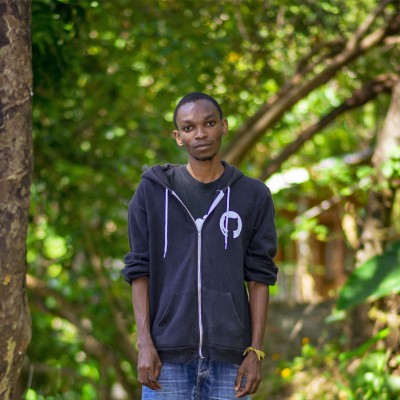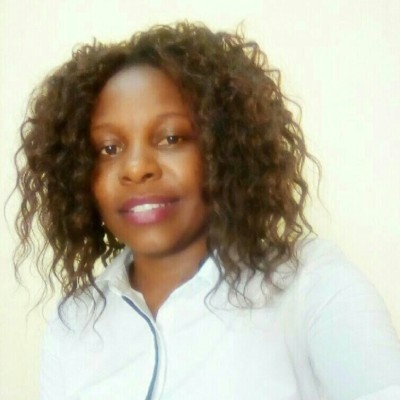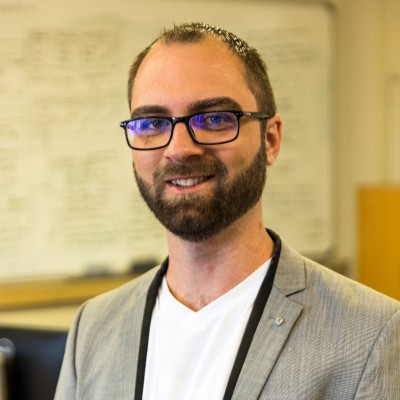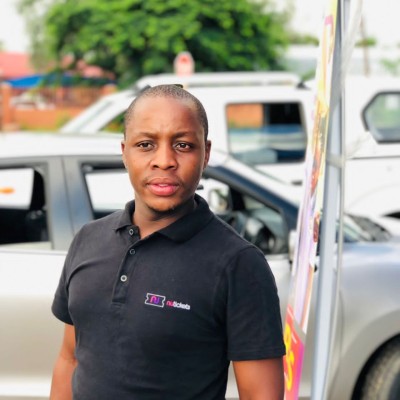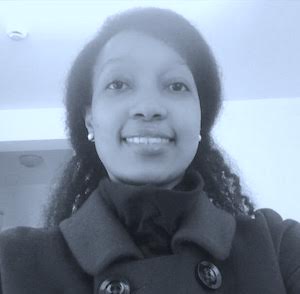DS4Health Africa DLI Workshop, Dakar, Senegal
September 06, 2024
The healthcare landscape in Africa is on the brink of transformation, driven by advancements in data analytics, artificial intelligence, and computer vision. Despite these strides, unique challenges hinder the full integration of these innovations in the African healthcare sector. Recognizing the urgent need to bridge this gap and empower stakeholders in Africa's healthcare ecosystem, this year's DS4Health Africa workshop takes an interdisciplinary approach built around current
deep learning methods applied to healthcare and computer vision. It will be a joint workout between Ro'ya and Sisonke Biotik aiming to bring together the machine learning for healthcare and computer vision communities.
This interdisciplinary workshop will serve as a platform for experts and communities engaged in healthcare-related research to interact with computer vision researchers and explore opportunities for collaboration. It will include work on both topics and their intersection with panel discussions, interactive sessions, and tutorials on medical imaging and image segmentation. By fostering knowledge exchange and collaboration, the workshop endeavors to deepen participants' understanding of the capabilities and constraints of deep learning in healthcare, paving the way for collaborative initiatives and future research endeavors with the potential to drive meaningful impact in African healthcare delivery.
Speakers
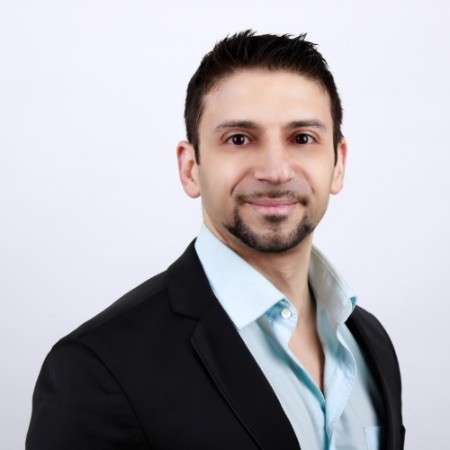
Professor, AGH University of Krakow

Research Scientist, Google AI San Francisco
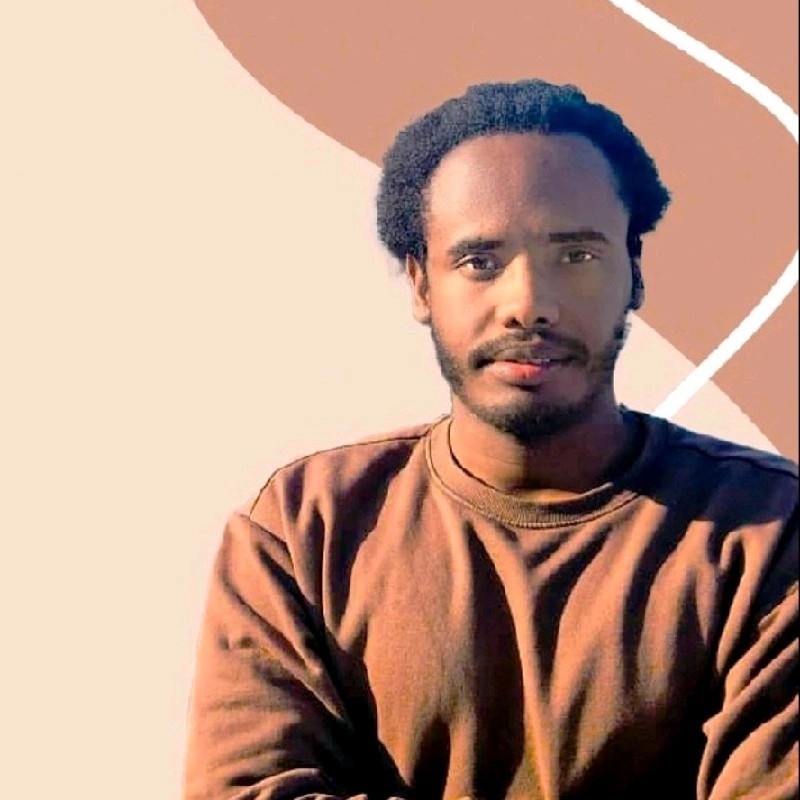
Research Resident, Google AI Accra
Talks:
Medical Technologies for Equitable AI
Dr. Mercy Asiedu
Applications of artificial intelligence (AI) in healthcare have accelerated exponentially. While AI has the potential to improve healthcare for the better, like other advancements in medical technology, it also has the potential to increase health disparities. Historically, medical technology has not been created with the needs of underserved settings in mind and this has led to limited access in low/middle income countries. Reduced access to these healthcare tools leads to downstream gaps in data used to train machine learning models, and by extension, the potential for machine learning biases, should these models be used on individuals from historically excluded settings.
In this talk I will discuss research projects on developing AI models to improve health equity outcomes, particularly in African countries. This work ranges from development of AI-enabled cervical cancer screening tools, machine learning models for maternal and fetal health, development of African-focussed datasets for LLM evaluation and tuning, and our research on understanding African perspectives on AI for health application including algorithmic fairness.
Overall, I hope to make a case for considering geo-contextual AI development and evaluation for health equity and to demonstrate methods I have employed to ensure inclusive data representation for the future of healthcare.
New insight on Machine Learning applied to Neuroimaging
Dr. Alessandro Crimi
Machine learning is revolutionizing the way we tackle complex neurological diseases like glioma and Alzheimer's. These conditions are challenging to diagnose and treat due to their intricate nature, which is where machine learning (ML) comes in. By harnessing the power of ML, we can dive deep into neuroimaging data—one of the most complex and rich sources of medical information. For glioma, ML not only helps in detecting tumors earlier but also in classifying them with remarkable precision, guiding personalized treatment strategies. In Alzheimer's, ML is crucial in identifying subtle changes in brain scans long before symptoms appear, offering a chance for early intervention. The blend of advanced neuroimaging and machine learning is paving the way for smarter, more accurate healthcare, bringing us closer to understanding and combating these devastating diseases.
Weather forecasting in Africa
MohammedElFatih MohamedKair
Natural disasters often leave widespread devastation in their wake, making timely damage assessment critical for effective response and recovery efforts. This presentation explores SKAI, a Google-developed framework that leverages AI and machine learning to accelerate and enhance the damage assessment process. By combining computer vision models and large vision language models, SKAI aims to improve both the speed and coverage of post-disaster evaluations. This presentation will delve into the technical aspects of SKAI, illustrating how it can be a valuable tool for decision-makers in the crucial aftermath of disaster. The potential implications of such a tool for disaster response and recovery will be discussed, aiming to engage a mixed audience of technical experts and those interested in the broader applications of AI for social good.
Tutorials:
Computer Vision for Medical Imaging Tutorial
This tutorial aims to offer a well-curated background on the basics of medical imaging, particularly highlighting their fundamental differences from natural images. This will aid the audience, especially new researchers, in understanding the challenges of applying out-of-the-box computer vision approaches in medical imaging and in generating new research ideas. Furthermore, the section incorporates case studies, allowing participants to bridge theoretical concepts with real-world examples, thereby enhancing the learning experience.
Image Segmentation Tutorial
We will delve deeply into one case study, focusing on medical image segmentation, which is arguably the most common task in medical image analysis. Our medical image segmentation tutorial provides a comprehensive overview of cutting-edge techniques for delineating anatomical structures and pathological regions from medical images. Participants will gain hands-on experience with popular Python libraries such as NumPy, OpenCV, scikit-image, and TensorFlow/Keras for image loading, preprocessing, and deep learning-based segmentation. The tutorial covers fundamental segmentation methodologies, including thresholding, region-based methods, and advanced deep learning approaches like U-Net and DeepLab. Participants will learn how to evaluate segmentation performance using quantitative metrics like Dice similarity coefficient (DSC) and Hausdorff distance, and they will explore real-world applications in neuroimaging, oncology, and radiology. By the end of the tutorial, participants will be equipped with the knowledge and practical skills needed to tackle medical image segmentation tasks and contribute to advancements in healthcare and medical imaging research.
Lightning talks:
This year our workshop will include a dynamic series of Lightning Talks, where each speaker has five minutes
to deliver a concise presentation. This segment offers a superb opportunity for attendees to present
innovative concepts, recent advancements in Data Science and Computer Vision for Health
submission link
Ideathon:
This workshop’s version is all about promoting healthcare in Africa, while bringing together all parties involved, including medical professionals and ML researchers. Creating a common ground for people with different experiences can finally create a safe place to discuss the urgent problems facing healthcare and find the best solutions. This is a space where applications can be discussed from both developer and user points of view.
The Ideathon aims to bring together diverse people, ensuring a gender-balanced composition with groups comprising individuals from different countries. This program will allow participants to present innovative ideas that leverage AI for improving health in Africa. The ideathon is extended to participants of DLI.
Duration:
The ideathon will span 5 weeks.
Calendar:
| Week |
Date Range |
Activities |
| Week 1 |
Aug 5th - Aug 10th |
Registration opens and group formation.
Register here
|
| Week 2 |
Aug 11th - Aug 18th |
Registration continues. Team formation continues. |
| Week 3 |
Aug 19th - Aug 24th |
Further instructions from organizers. Participants will be added to the Discord group. Mentors will be assigned to each team (to be determined). |
| Week 4 |
Aug 25th - Aug 29th |
Preparations, practice, and mock runs. |
| Week 5 |
DLI Week |
Presentations. |
|
Sept 6 |
Final presentation of projects by top participants. Declaration of the winning team. |
Resources:
The project can be anything, as long as it has a machine/deep learning component, and it solves a problem in healthcare. It can be an application, a website, a device, a dataset, or even an academic research idea. Let your minds run wild. Find the dream team with the most diverse members; different backgrounds will result in a richer conversation.
Brainstorm with your team, create the perfect pitch, and record it.
The pitch
In order to help you prepare your pitch, we put together a slide deck with mere suggestions to consider during your preparation. You do not need to follow it, present your work as you please. Just keep the pitch interesting for our judges! Get them intrigued not just by your idea, but how you plan to bring it to life.
Pitch Slide Deck
Guidance and Support:
For guidance and support, you can reach out to: Rosemary or Daphne
Rewards:
The best 3 projects selected by the jury will be presented.
Judging Requirements:
- Application of proposed idea in the African health sector.
- The weight of the problem it’s solving.
- The diversity of the team should carry a bonus point, and the specificity of the roles of each member of the team.
Stay updated:
As new developments come to light, you will be updated right here.
Organizers
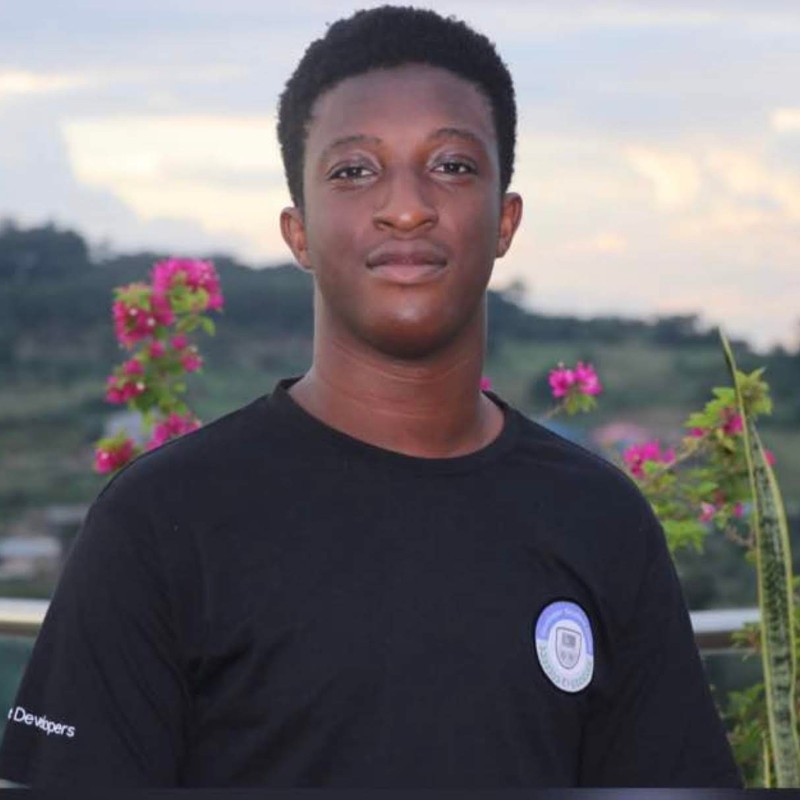
University College London, UK
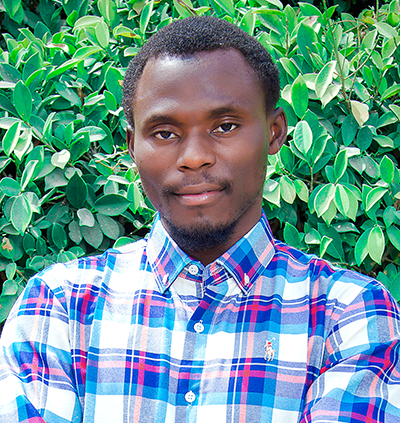
Johns Hopkins University, US

Imperial College London, UK
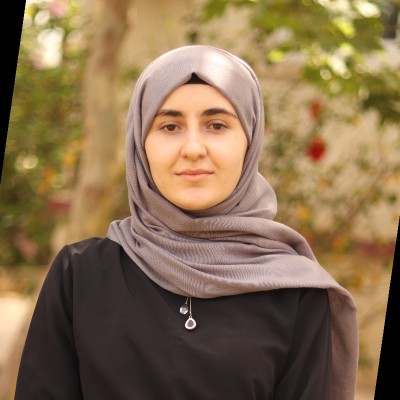
ESI Algiers, Algeria/ NYU Abu Dhabi, UAE
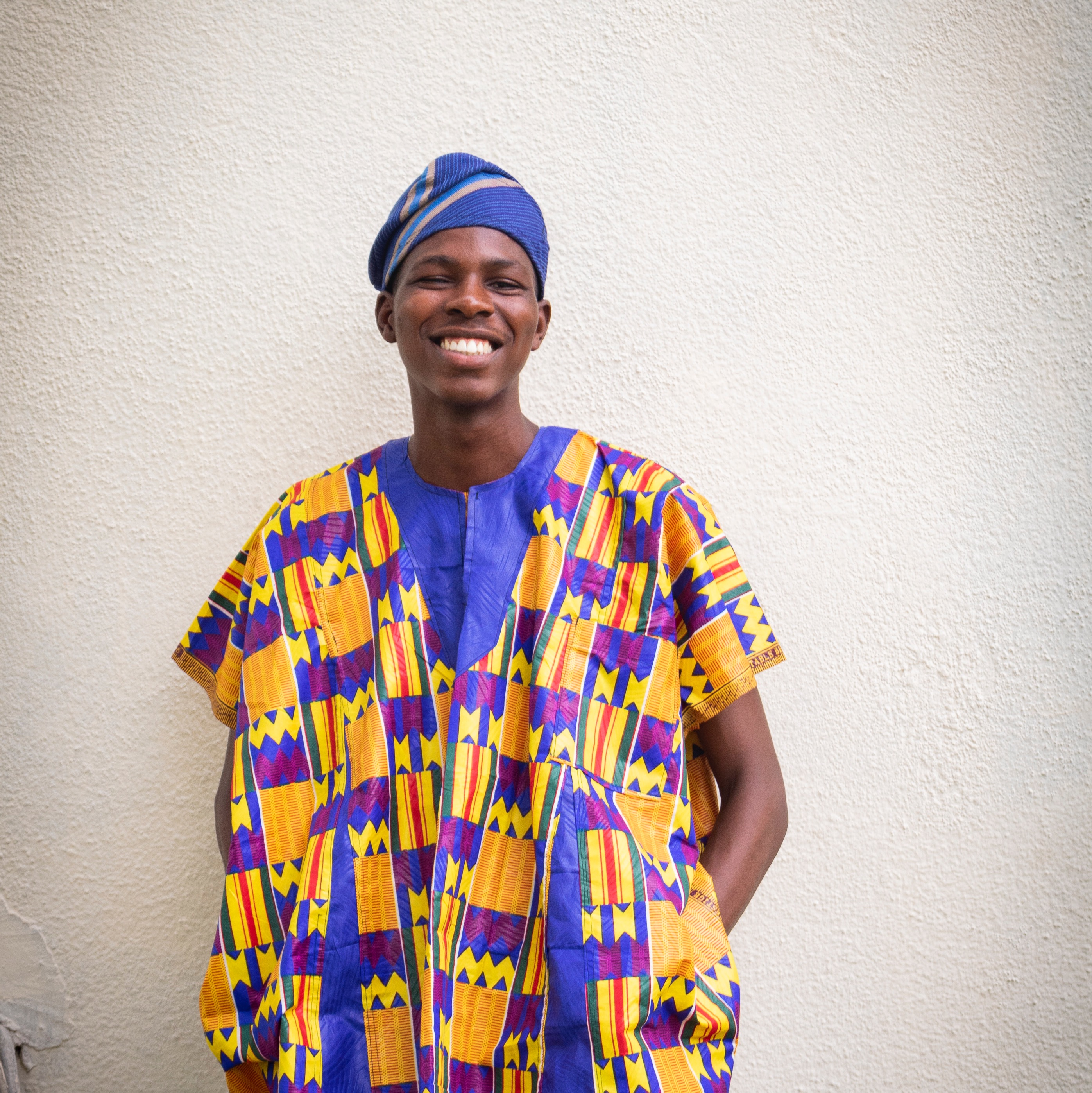
Bowen University Teaching Hospital, Nigeria
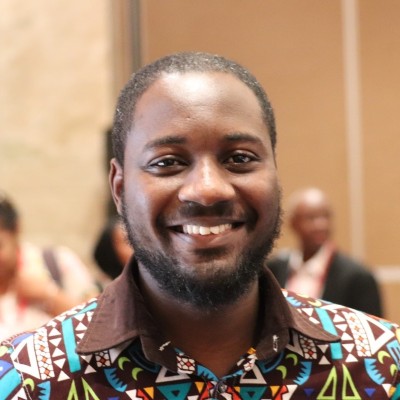
University of Cape Town, South Africa / DS-I Africa
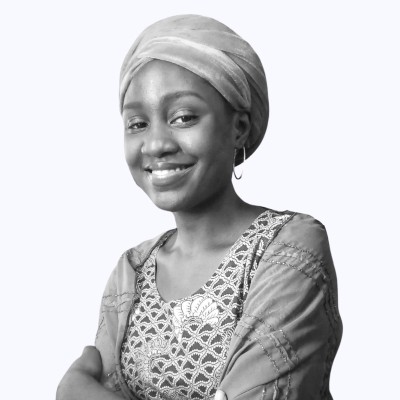
University of Ibadan, Nigeria
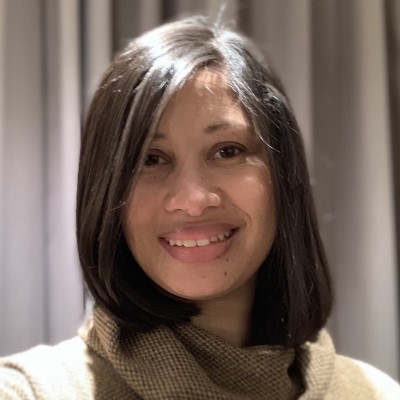
University of Cape Town, South Africa / DS-I Africa

Federal University of Agriculture, Nigeria
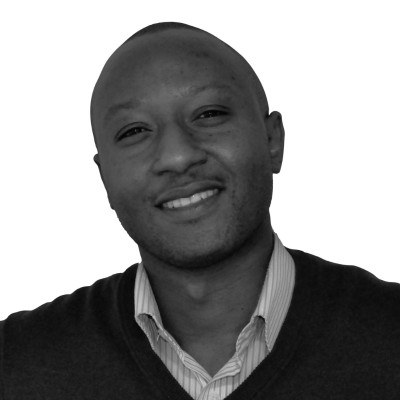
University of Victoria, Canada
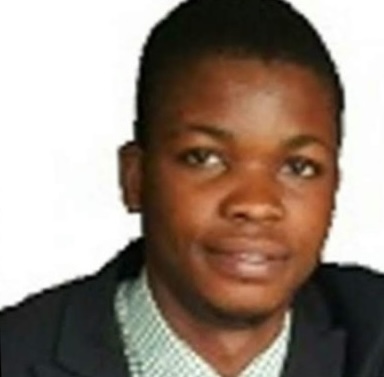
University of Calabar, Nigeria
Code of Conduct
Inspired by
Masakhane CoC we follow a similar pledge:
"In the interest of fostering an open and welcoming environment, we as contributors and maintainers pledge to
making participation in our project and our community a harassment-free experience for everyone, regardless of age,
body size, disability, ethnicity, sex characteristics, gender identity and expression, level of experience, education,
socio-economic status, nationality, personal appearance, race, religion, or sexual identity and orientation."
Examples of behavior that contributes to creating a positive environment include:
- Using welcoming and inclusive language
- Being respectful of differing viewpoints and experiences
- Gracefully accepting constructive criticism
- Focusing on what is best for the community
- Showing empathy towards other community members
Examples of unacceptable behavior by participants include:
- The use of sexualized language or imagery and unwelcome sexual attention or advances
- Trolling, insulting/derogatory comments, and personal or political attacks
- Public or private harassment
- Publishing others' private information, such as a physical or electronic address, without explicit permission
- Other conduct which could reasonably be considered inappropriate in a professional setting
- Being asked to stop a certain behaviour and giving a response of "just joking" instead of stopping such behaviour








